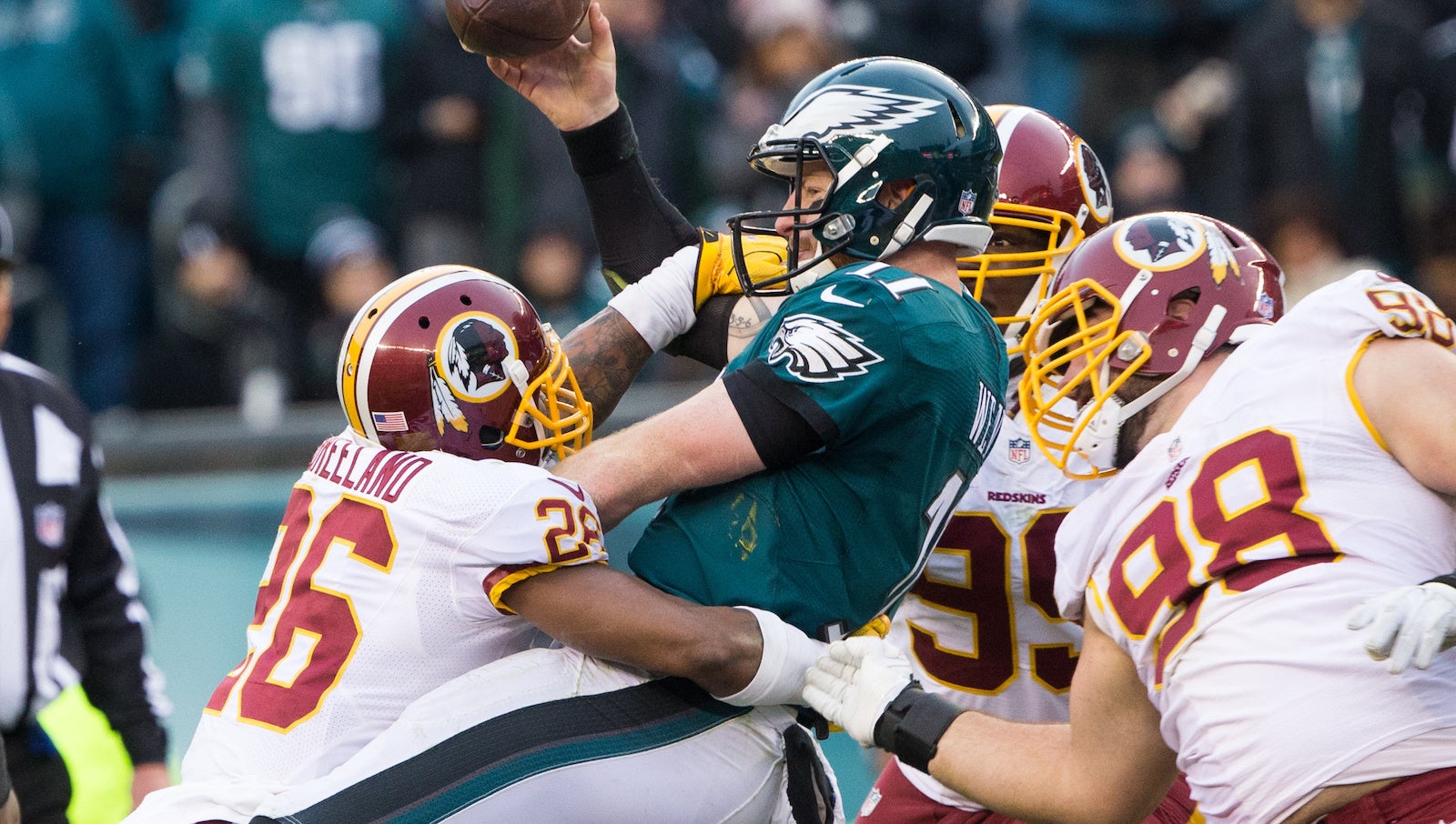An indie rock band just cleared the way for the Washington Redskins to keep their racist name
What’s in a name? Not much that can be deemed legally problematic, it turns out. The US Supreme Court ruled today (June 19) that offensive or disparaging trademarks are protected under the First Amendment—overturning a prior rule saying that federal trademarks can be denied for derogatory names.


What’s in a name? Not much that can be deemed legally problematic, it turns out. The US Supreme Court ruled today (June 19) that offensive or disparaging trademarks are protected under the First Amendment—overturning a prior rule saying that federal trademarks can be denied for derogatory names.
The court’s decision came after a Portland, Oregon-based dance rock band called The Slants, led by an Asian-American frontman named Simon Tam, attempted to register their name with the national trademark office in 2011 and was rejected on the grounds that the name might be offensive to Asian Americans. Tam brought a lawsuit and won his case in the US Court of Appeals for the Federal Circuit in 2015; today, the Supreme Court affirmed the lower court’s decision.
According to Tam, the band name is meant to reclaim the racial slur as a “badge of pride.”
But as Quartz noted last year, a court affirmation that the potentially incendiary name is acceptable—and especially now that is has been upheld by the nation’s highest court—has implications beyond Tam and his band’s music. In 2014, the Washington Redskins had their trademark canceled after facing widespread complaints the National Football League team’s name is offensive to Native Americans. (“Redskins” is an arguably derogatory term that has been used as a slur against Native Americans in the past, though some people argue that having it in the NFL is not an insult but a badge of honor.) The team’s case defending its name was rejected by a district judge in Virginia and is now awaiting hearing on appeal.
If the members of the The Slants are able to register their name, then the Redskins have a solid example on which to hinge their case. Being able to register the team name again would mean securing broader protections for the Redskins’ sprawling merchandise enterprise and reaping higher profits. Of course, there is one huge hurdle: The Supreme Court did not rule that all derogatory names are able to be trademarked, meaning that a line may need to be drawn on the degree of offensiveness allowed in the near future.